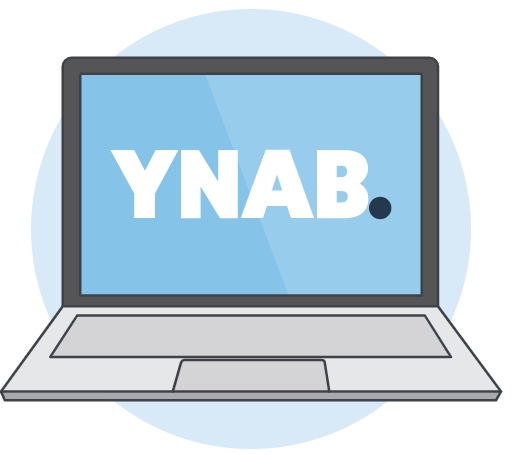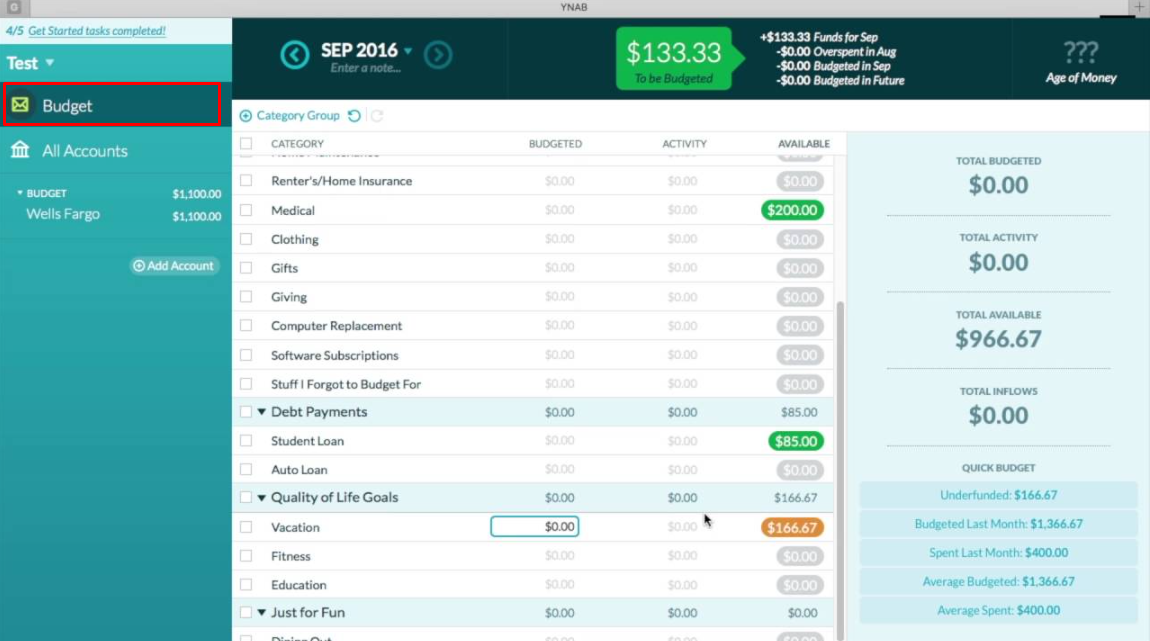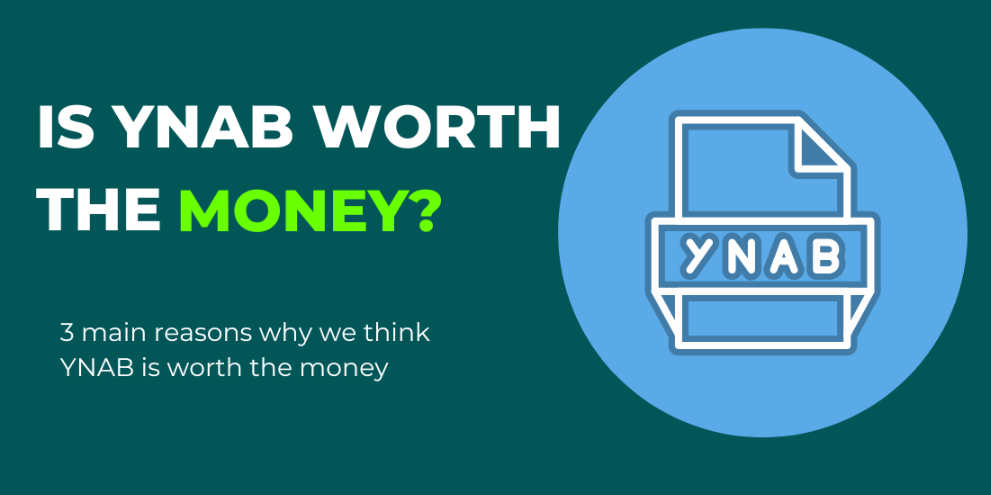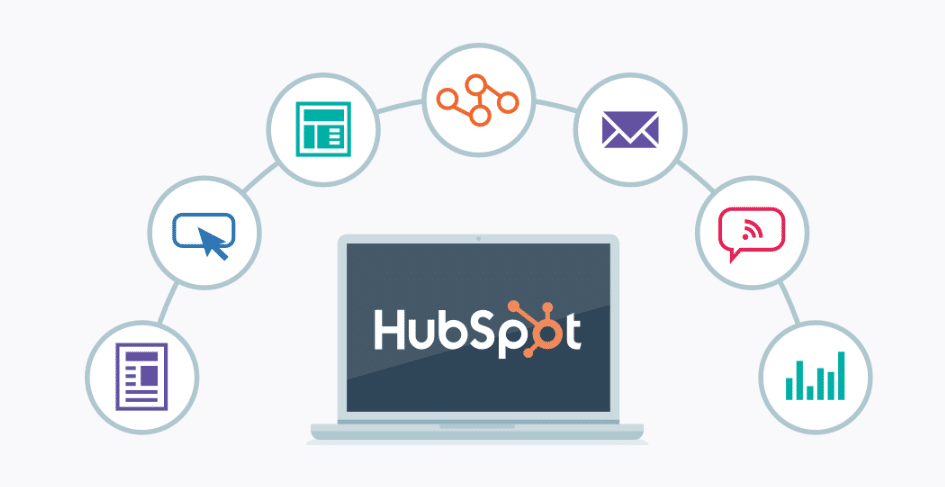How to Reduce Debt: Learn the Best Tips

Anúncios
Have you ever found yourself trapped in an endless cycle of debt, struggling to find a way out? Know that you are not alone.
Millions of people around the world face similar financial challenges every day. Fortunately, there are effective strategies to reduce your debts and regain control of your finances.
Anúncios
In this article, we will explore the best tips and practices to help you tackle your debts smartly and effectively. Keep reading to learn how to reduce debt.
1- Evaluate your financial situation
Before you start addressing your debts, it’s crucial to have a clear understanding of your current financial situation.
Anúncios
Take the time to review all of your financial obligations, including loans, credit cards, overdue accounts, and other outstanding debts.
Carefully analyze the outstanding balance, interest rates, and payment terms of each.
Additionally, it’s important to examine your monthly income and expenses. Calculate your net monthly income and compare it with your regular expenses, such as housing, food, transportation, and other essential costs.
Determine how much money you have available to pay your debts after covering your basic expenses.
By comprehensively assessing your financial situation, you’ll be able to identify areas where you can reduce expenses, increase income, or reorganize your finances to prioritize debt repayment.
This detailed analysis will serve as the foundation for developing an effective plan to reduce your debts and improve your overall financial health.
2- Consolidate debts
Consolidating your debts can be an effective strategy to simplify your payments and find a way to reduce your debts.
Start by researching debt consolidation options, such as personal loans or credit card balance transfers.
When you consolidate your debts, you combine all of your financial obligations into a single monthly payment, often with a lower interest rate than what you were paying before.
This can make managing your finances easier, reduce the stress associated with multiple payments, and save money in the long run.
However, before opting for debt consolidation, it’s essential to fully understand the terms and conditions of the new agreement.
Make sure to compare interest rates, associated fees, and repayment terms to ensure you’re making the right decision for your financial situation.
Additionally, consider whether debt consolidation is the best option for you. In some cases, it may be more advantageous to deal with your debts separately or pursue other alternatives, such as payment negotiations with creditors.
Carefully evaluate your options before proceeding with debt consolidation to ensure it’s the right choice for your specific financial needs.
3- Know how much you need to pay
It’s crucial to have a clear understanding of the total amount you need to pay to settle your debts.
This includes not only the outstanding balances but also any additional fees, accrued interest, and possible penalties for late payments.
Start by gathering all relevant information about your debts, including account statements, invoices, and contracts. Then, sum up the outstanding balances of each to determine the total amount of your debt.
Additionally, take into account the interest and other expenses associated with your debts. Calculate the value of the interest you expect to pay over time and add it to the total amount of your debt.
This will give you a more accurate picture of the total amount you’ll need to pay to settle your debts completely.
By having a clear understanding of the total value of your debt, you can develop a realistic and effective payment plan.
This will allow you to establish clear financial goals and take concrete steps to significantly reduce your debts.
4- Avoid excessive credit card use
Avoiding excessive use of credit cards is crucial to reducing your debts and keeping your finances under control.
While credit cards can be a useful tool for convenience and credit building, excessive use can lead to rapid debt accumulation due to high interest rates and associated fees.
To avoid falling into the trap of excessive credit card use, it’s important to set clear limits for card usage and adopt responsible spending practices.
Consider establishing a monthly budget and using the credit card only for planned and essential purchases, avoiding impulsive and unnecessary spending.
Additionally, always pay the full balance of your credit card within the due date to avoid interest and additional charges.
If you currently have outstanding balances on your credit cards, focus on paying them off as quickly as possible to reduce the impact of high interest rates on your finances.
Also, consider reducing the number of credit cards you have, keeping only those that are necessary and most suitable for your lifestyle and financial needs.
By avoiding excessive credit card use and adopting a more conscious approach to managing your finances, you’ll be on the right track to reducing your debts and achieving solid financial health.
5- Have a debt reduction strategy
Want to know how to reduce debt? Have a good strategy. A well-planned strategy can help you prioritize payments, minimize costs, and accelerate the debt repayment process.
Start by evaluating all of your debts and identifying those with the highest interest rates.
Prioritize paying off these debts first, focusing your financial resources on them while making minimum payments on the others.
This approach, known as the “snowball strategy” or “avalanche strategy,” can help reduce the total cost of debts and speed up their repayment. Additionally, set realistic and measurable goals for reducing your debts.
Establish a schedule for paying off each of them and regularly track your progress. This will not only keep you motivated but also help you stay focused on your goal of getting rid of debts.
Also, consider exploring ways to increase your income or reduce your expenses to direct more resources toward debt repayment.
This may include cutting unnecessary expenses, seeking extra work opportunities, or negotiating better terms with creditors.
Remember that the debt reduction process requires discipline, patience, and commitment. Stay consistent with your strategy and be willing to make adjustments as needed.
With the right time and effort, you can conquer your debts and build a more solid and stable financial future.
6- Find out if you can earn extra income
To complete the ways to reduce debts, you can turn to extra income. Finding ways to earn extra income can be an effective strategy to accelerate the debt reduction process and improve your overall financial situation.
There are several opportunities to increase your income, whether through additional work, freelance activities, or even leveraging your talents and skills to start a business.
Consider exploring options such as working part-time, doing freelance work in your area of expertise, or offering consulting services.
Online platforms offer a wide range of opportunities for freelancers in areas such as writing, graphic design, programming, and more.
Additionally, you can explore ways to monetize hobbies or special skills. If you’re good at cooking, for example, you could offer catering services or cooking classes.
If you have skills in home repairs, you could offer maintenance services to friends, family, or even local clients.
Other options include selling items you no longer need, whether online or at a garage sale, and participating in paid online surveys or rewards programs that offer cash or vouchers in exchange for your opinion.
When seeking extra income opportunities, make sure to choose activities that are feasible and won’t overly compromise your time and energy.
The extra income earned can be directed towards debt repayment, helping to accelerate your progress towards financial freedom.
Did you like the tips on how to reduce debt? Put them into practice for more financial peace of mind. And find more tips on our website.





